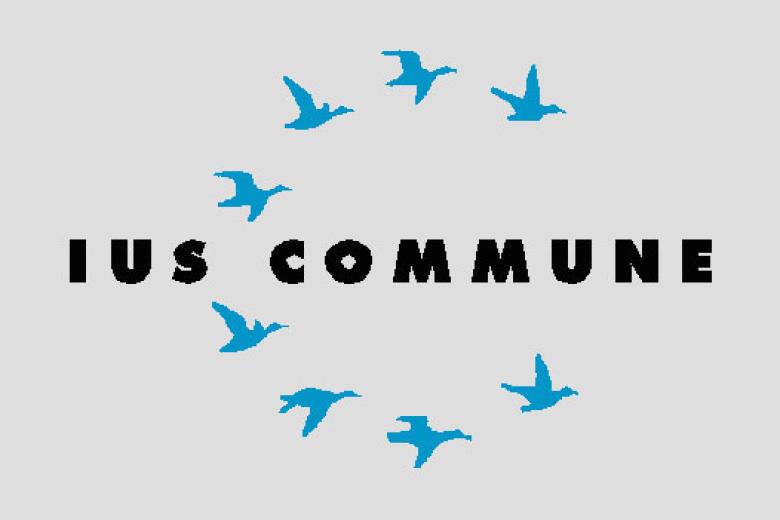FullCompensation: transparent research for fairer pain and suffering damages
In scientific research, transparency is key.
This is why I have made the study design and protocols for my project FullCompensation - Rationalising Full Compensation of Non-Pecuniary Damages to Reconcile Equal Treatment and Personalisation publicly available on Dataverse and the Open Science Framework.
With funding from the European Commission, this project aims to create (i) guidelines for adjudicators and (ii) a model legislative proposal for EU Member States to award pain and suffering damages in a way that promotes equal treatment and personalisation. You can find more details on the project aims and methods here and here.
To achieve this goal, the project involves reviewing case law, interviewing adjudicators, and conducting focus groups with stakeholders.
By sharing the protocols for these research activities, I hope to increase research transparency and credibility, while allowing other researchers to critique and build on my work. It will also increase the impact and visibility of the project by reaching policymakers, journalists, and the wider public.
I'm looking forward to sharing my findings and encourage you to follow this blog for updates on FullCompensation!
By Andrea Parziale
-
Known Unknowns: A Macro-Meso-Micro Socioeconomic Approach to Uncover the Dark Number of Victims of Human Trafficking for the Purpose of Labour Exploitation
These last few weeks, Minister Paul of Social Affairs and Employment of the outgoing cabinet has been in the news for unilaterally deciding no longer to gradually phase out the Dutch regulation that allows temporary employment agencies to deduct a quarter of the minimum wage from migrant workers...

-
The Decennial Jubilee of Ius Commune in the Making
On 27 November 2025, the tenth edition of the workshop series on Ius Commune in the Making took place within the 29th Ius Commune Conference organised by the University of Amsterdam. This blog entry reproduces a public address by one of the members of the organising committee of that workshop series...

-
Overriding Mandatory Rules in International Arbitration: Balancing Business Freedom and State Interests
Imagine two companies from different countries enter a business deal. They pick a neutral country’s law to govern their contract and agree to arbitrate any disputes, thinking they can sidestep each other’s national courts. But what if one country’s law absolutely prohibits something in the deal –...
